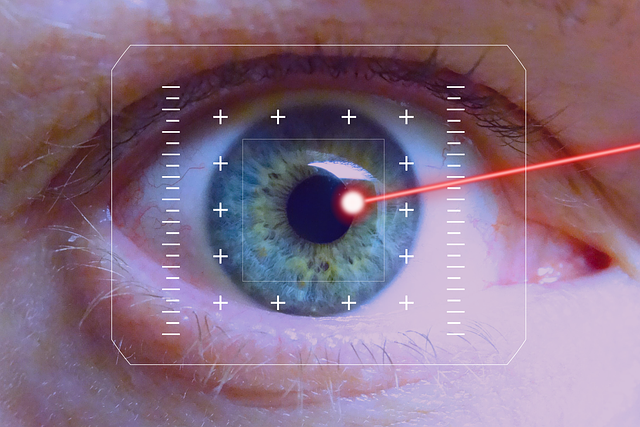I want to wrap up this series on atheism with a personal story about the point in time where I started diverging from the concept of God. I was very young then, about five years old. I had lost a pencil. It had just slipped out of my schoolbag, which was nothing more than a plastic basket with open weaves and a handle. When I realized that I had lost the pencil, I was quite upset. I think I was worried that I would get a scolding for my carelessness. You see, my family wasn’t rich. We were slightly better off than the households in our neighborhood, but quite poor by any global standards. The new pencil was, to me, a prized possession.
I wasn’t desperate though. I knew that I could pray to God, and get my pencil back. Like all children, I implicitly believed whatever my parents and grandparents had told me. I had complete faith in God’s omnipotence, against which a mere wooden pencil is nothing at all. Of course, no pencil materialized in my schoolbag. Almost half a century on, I can still remember my surprise that my prayers were not answered. This incident must have left a lasting impression on my infant mind because it is one of the few things that I remember from that period in my life.
Later on, when I read Of Human Bondage, I could completely identify with Philip Carey when he prayed for the miracle of curing his clubfoot, and his subsequent confusion seeding his own atheism. The miracle I requested, of course, was a much smaller one, but I think its smallness only made the ensuing disillusionment all the more poignant.
But this incident didn’t immediately make me lose faith. After all, I was only five then. The complete transformation into a person who could not bring himself to believe happened in stages, throughout my teenage years. It happened because I could see the inconsistencies and hypocrisies. And because I have an overly skeptical mind.

